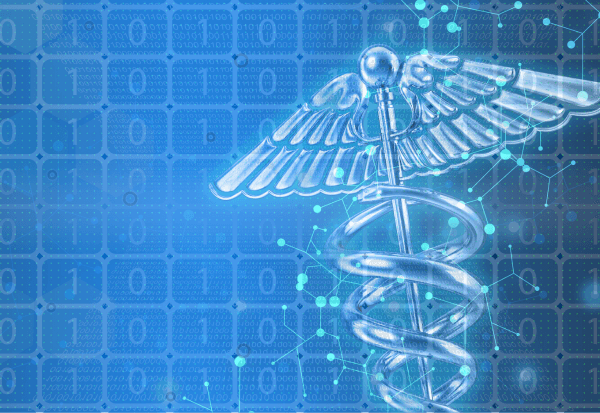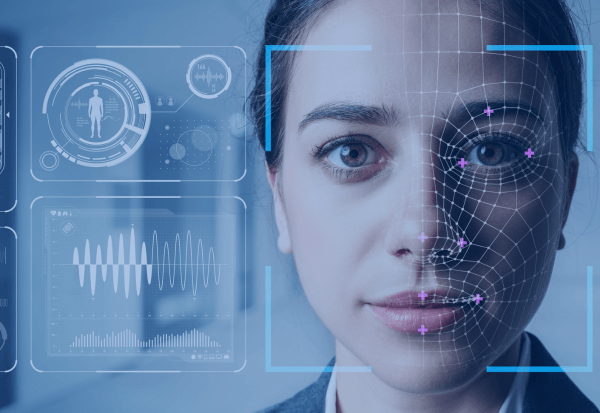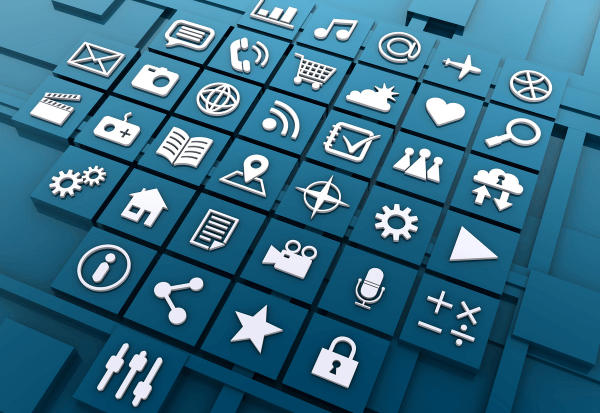The right of everyone to the enjoyment of the highest attainable standard of physical and mental health is recognized in article 25 of the Universal Declaration of Human Rights. The right to health also requires governing authorities to create a safe and supportive environment for members to participate in decisions affecting their health and acquire appropriate information. This is only possible when healthcare facilities, goods and services are available, accessible, acceptable and of good quality. Digital technologies play a crucial role in all these dimensions. Let’s consider one by one-
Availability
Healthcare is said to be available when people living in the remotest areas can access the required services. In an “Available” healthcare, members can get answers to their clinical queries by in-person visits, emails, or secure messaging. Digital Technologies such as Telehealth, online access to patient portals, ability to send secured messages to healthcare providers and get responses, real time monitoring of patients by providers – all play a crucial role in making healthcare “Available” to anybody who needs it.
Accessibility
Healthcare needs to be accessible physically, economically, and informatively. Healthcare needs to be accessible to everybody, especially for people with disabilities and other groups who are hard to reach. This is physical accessibility. Telemedicine, mHealth and other healthcare services powered by digital technologies can be less expensive and can lower the direct and indirect costs of an in-person visit. This is economic accessibility. Digital technologies and apps enable users to access their real time health data and they are more engaged in the whole decision-making process. This is information accessibility.
Acceptability
Healthcare facilities and services need to be designed in such a way that they can remove the barriers of language, culture, sexual orientation, and other forms of discrimination. In other words, they should “Accept” all members and all members should feel “Accepted” in these facilities. Digital Technologies again play a game-changing role here. Digital Apps can be designed to support multiple languages, are not restricted by geographical boundaries, and can be “designed” to meet all local needs.
Of Good Quality
Digital Technologies especially advancements in AI and Machine learning have enabled companies to produce better treatment techniques, vaccines, drugs and has increased overall quality of healthcare. treatment plans, cures and after care can be much more personalized than ever before. Because of the better quality of health care services available, life expectancy across the world has moved up significantly across the world. Even the quality of life has trended upwards. Digital technologies have played a key role in driving these metrices upwards.
Happiest Minds, with its great expertise in working on Digital Technologies is making the “Right to Health” possible for everybody.
With our digital DNA, we have worked closely with our clients to accelerate innovation, design next-gen apps and bolster the health data ecosystem to drive improved and equitable outcomes across the care continuum. Our services include experience engineering, integrated apps, connected hardware, data & analytics management, semantic interoperability, and cybersecurity. We have established a robust ecosystem of partners and set up COEs and practices that can help our clients realize their vision of enabling the right to health.
If you are looking for the right partner to work towards this vision, talk to us and let’s make the dream of making healthcare available, accessible, acceptable and of good quality come true, together!

spearheads the business development for Healthcare & Life Sciences business at Happiest Minds and has over 22 years of experience in the IT industry managing relationships with healthcare companies in USA.
With his deep understanding of healthcare domain and digital technologies, Amit brings a unique perspective in his engagement with different players of the ecosystem. Amit has been managing different CXOs relationships for last many years and helped open multiple customer engagements in his career.
Amit holds an MBA degree from XLRI and Electronics and Communication Engineering Degree from NIT. He has been a software engineer for a major part of the career and now helps sell Happiest Minds software services. In his spare time, he is avid reader and reads across varied topics such as economics, science, technology and politics.







